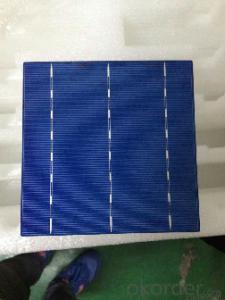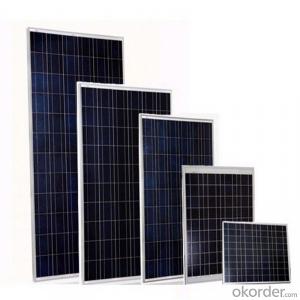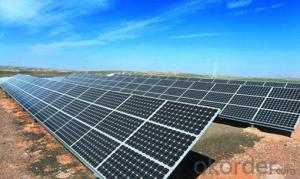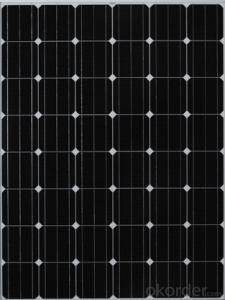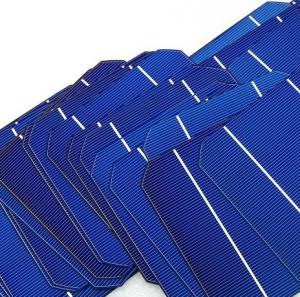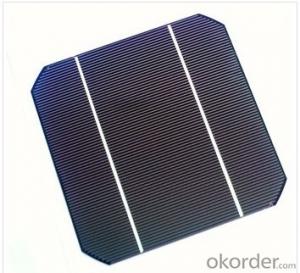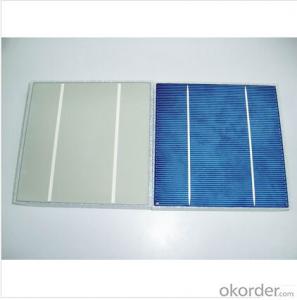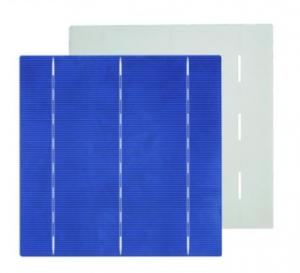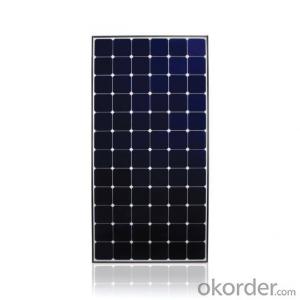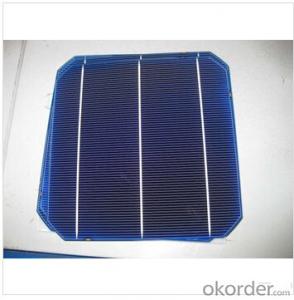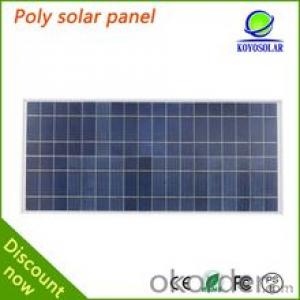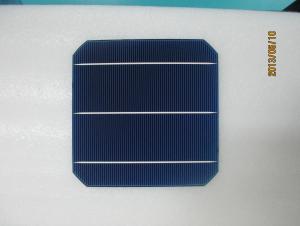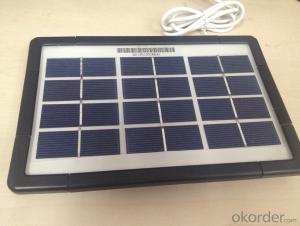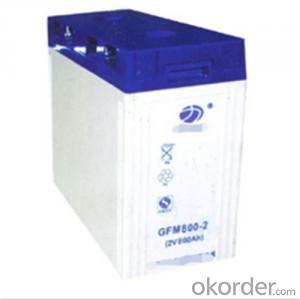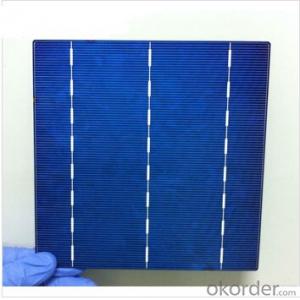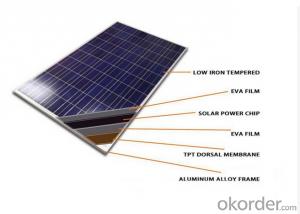All Categories
- - Steel Wire Rod
- - Steel Coils
- - Steel Profiles
- - Steel Pipes
- - Stainless Steel
- - Tinplate
- - Special Steel
- - Steel Sheets
- - Steel Rebars
- - Steel Strips
- - Hot Rolled Steel
- - Cold Rolled Steel
- - Pre-painted Steel
- - Seamless Steel Pipe
- - Welded Steel Pipe
- - Hollow Steel Tubes
- - Galvanized Pipe
- - Stainless Steel Coil
- - Stainless Steel Sheet
- - Stainless Steel Plate
- - Stainless Steel Strips
- - Electrolytic Tinplate Coil
- - Electrolytic Tinplate Sheet
- - Stainless Steel Rebars
- - Solar Panels
- - Solar Water Heater
- - Solar Related Products
- - Solar Inverter
- - Solar Cells
- - Solar Light
- - Solar Energy Systems
- - Solar Controllers
- - Solar Mounting System
- - Solar Pump
- - Solar Chargers
- - Fiberglass Chopped Strand
- - Fiberglass Mesh Cloth
- - Composite Pipes
- - FRP Pultrusion Profiles
- - Fiberglass Mat Tissue
- - Fiberglass Fabrics
- - Fiberglass Mesh
- - Composite Tank
- - Fiberglass Mesh tape
- - Polymer
- - FRP Roofing Panel
- - Fiberglass Roving
- - Monolithic Refractories
- - Ceramic Fiber Products
- - Refractory Bricks
- - Raw Materials For Refractory
- - Suspended Platform
- - Cranes
- - Concrete Machinery
- - Earthmoving Machinery
- - Building Hoist
- - Road Building Machinery
- - Plastic Pipe Fittings
- - Plastic Tubes
- - Plastic Sheets
- - Agricultural Plastic Products
- - Plastic Nets
 All Categories
All Categories
Q & A
How are solar cells used in solar pumps?
Solar cells are used in solar pumps to convert sunlight into electricity. The solar cells, also known as photovoltaic cells, capture the energy from the sun and generate direct current (DC) electricity. This electricity is then used to power the motor of the solar pump, which pumps water from a source to a desired location. By harnessing solar energy, solar pumps provide a sustainable and environmentally friendly solution for irrigation, livestock watering, and other water pumping applications in areas with limited access to electricity or where traditional fuel-powered pumps are not practical.
Can solar cells be used to power electric submarines?
Yes, solar cells can be used to power electric submarines. However, due to the limited surface area available for solar panels on a submarine, the amount of energy produced may not be sufficient to power the entire submarine. It is more common for solar cells to be used as auxiliary power sources to supplement the main power systems of electric submarines.
What is the role of solar cell monitoring systems in optimizing performance?
Solar cell monitoring systems play a crucial role in optimizing the performance of solar panels. These systems continuously monitor various parameters such as voltage, current, temperature, and irradiance levels to ensure that the solar cells are operating at their maximum efficiency. By analyzing and interpreting this data, the monitoring systems can detect any issues or anomalies in the solar panel's performance, allowing for timely maintenance and repairs. Additionally, these systems enable operators to track the overall performance and energy production of their solar arrays, allowing for better decision-making and optimization strategies. Ultimately, solar cell monitoring systems help maximize the energy output and lifespan of solar panels, leading to increased efficiency and cost-effectiveness.
What are the challenges in integrating solar cells into transportation infrastructure?
One of the main challenges in integrating solar cells into transportation infrastructure is the limited surface area available for solar panel installation. Unlike stationary structures, vehicles and roads have smaller surface areas, making it difficult to generate sufficient energy through solar cells. Additionally, the efficiency of solar panels can be affected by factors such as shading, vibrations, and the curvature of the vehicle or road surface. Another challenge is the high cost of solar cell technology, which may hinder widespread adoption in transportation infrastructure. Lastly, the intermittent nature of sunlight can pose challenges for continuous energy generation, necessitating the development of effective energy storage solutions.
Wholesale Solar Cells from supplier in Gabon
Whether you are looking for monocrystalline, polycrystalline, or thin-film solar cells, we have the right solution for you. Our solar cells are manufactured using the latest technology and adhere to international quality standards. We understand the importance of reliable and efficient solar cells for your projects, which is why we only offer products that have been thoroughly tested and proven to perform.
In addition to our wide range of solar cells, we also provide a range of services to ensure a smooth procurement process. Our team of experts can assist you in selecting the right solar cells for your specific needs, as well as provide technical support and guidance throughout the installation process. We can also offer training programs to help your team understand the maintenance and operation of the solar cells.
As a subsidiary of CNBM, we have access to a global network of suppliers and partners, allowing us to source high-quality solar cells at competitive prices. This gives us the ability to offer cost-effective solutions without compromising on quality.
We understand the unique challenges and requirements of the Gabonese market, and our years of experience in the country make us the perfect partner for your solar cell procurement needs. Our team is well-versed in local regulations and can provide valuable insights and support to ensure a successful project.
At our company, we believe in the power of solar energy to transform communities and contribute to a sustainable future. By choosing our solar cells, you are not only investing in a reliable and efficient energy source but also making a positive impact on the environment.
Contact us today to discuss your solar cell requirements in Gabon and let us help you find the perfect solution for your projects.
In addition to our wide range of solar cells, we also provide a range of services to ensure a smooth procurement process. Our team of experts can assist you in selecting the right solar cells for your specific needs, as well as provide technical support and guidance throughout the installation process. We can also offer training programs to help your team understand the maintenance and operation of the solar cells.
As a subsidiary of CNBM, we have access to a global network of suppliers and partners, allowing us to source high-quality solar cells at competitive prices. This gives us the ability to offer cost-effective solutions without compromising on quality.
We understand the unique challenges and requirements of the Gabonese market, and our years of experience in the country make us the perfect partner for your solar cell procurement needs. Our team is well-versed in local regulations and can provide valuable insights and support to ensure a successful project.
At our company, we believe in the power of solar energy to transform communities and contribute to a sustainable future. By choosing our solar cells, you are not only investing in a reliable and efficient energy source but also making a positive impact on the environment.
Contact us today to discuss your solar cell requirements in Gabon and let us help you find the perfect solution for your projects.
